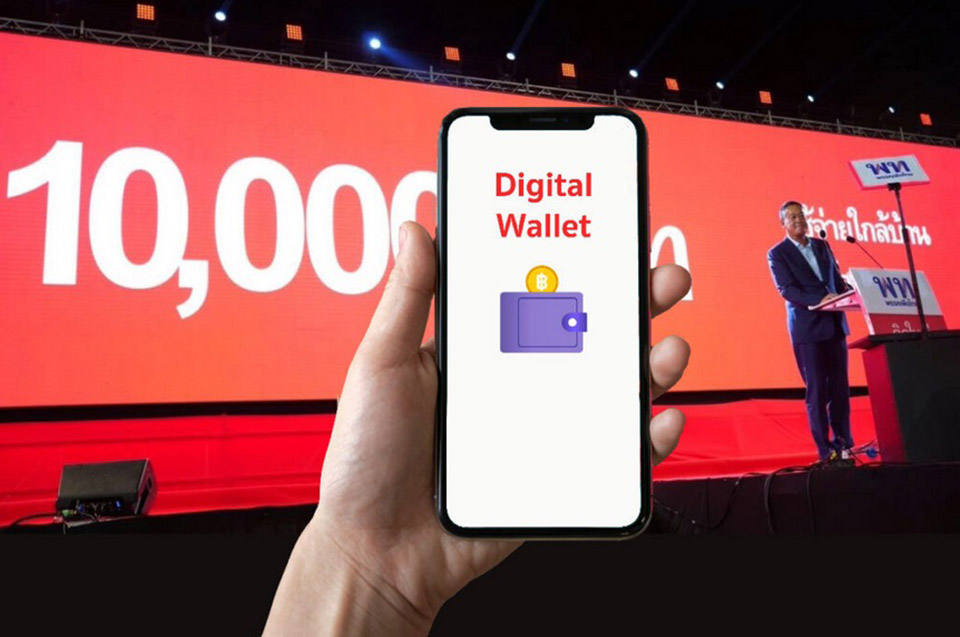
A recent article from the Financial Times highlighted Thailand’s highly anticipated digital wallet stipend scheme for eligible citizens. The article suggests that the program offers a glimpse into the future of money.
Chai Wacharonke, the Thai Government Spokesperson, noted that the article recognized the program as part of a broader strategy. This strategy aims to boost household consumption and GDP. However, critics argue that the program does not fully address deeper economic issues, such as low investment.
The article was authored by Eswar Prasad, an Indian-American economist and professor at Cornell University. He is also a senior fellow at the Brookings Institution and the author of The Future of Money. The article compares the program to central bank digital currencies (CBDCs), which are being explored in various countries, including Thailand.
While the Bank of Thailand has yet to formally launch a CBDC, digital wallets are already widespread in the country. These wallets, integrated into the Thai transfer program, target low-income individuals. The program ensures the funds are spent locally and within six months to effectively stimulate economic activity.
The Financial Times article highlighted several key advantages of the program. It targets low-income individuals, who are more likely to spend the money rather than save it, effectively boosting the economy. It reduces corruption by transferring funds directly to recipients, minimizing the potential for fraud within government agencies.
The program stimulates spending by setting a six-month usage period and restricting certain expenditures, ensuring the money is used as intended. Additionally, it supports local businesses by limiting spending to authorized small shops within the recipient’s local area. This approach spreads economic benefits throughout the community.
The author suggests that the Digital Wallet program could be a stepping stone towards the adoption of CBDCs. This may lead to a revolution in the future of finance. The program aligns with the government’s policy to elevate the country’s financial system. It also lays the groundwork for a digital economy, aiming to position Thailand as a Digital Economy Hub in the region. (NNT)








